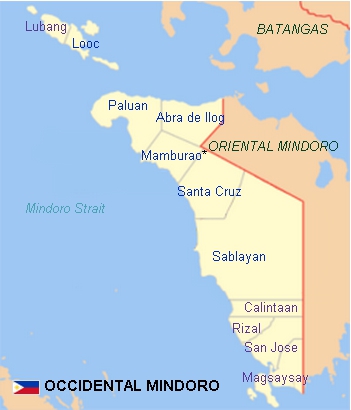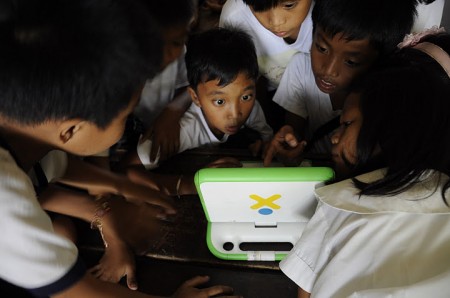Update: the OLPC Rwanda 2011 report is out!
OLPC Rwanda (twitter) has grown steadily since its launch a few years ago, and is now part of early education in every school district in the country. Rwanda aims to become a technical and Web powerhouse, and has remained true to that vision. Today they are in some ways the most technically advanced country in the region (to the chagrin of neighboring Kenya, which also hopes to be the hub for software and technology development in East Africa). Rwanda is preparing to double the size of the OLPC project in the country over the coming year, now that they have a smoothly-running system in place.
Happily for us (and for future deployments), the country team has put together a beautiful report on their first three years of work, which will come out tomorrow. It is concise and written for a general audience, with a fine balance of perspectives, from political and financial to the needs of teachers and PTAs.
In related news, Joseph and Erize, the two boys who made their own business cards for their OLPC outreach efforrts in Kigali, saw that we wrote about them on the blog last week, and left comments of their own welcoming questions from all of you. 🙂





